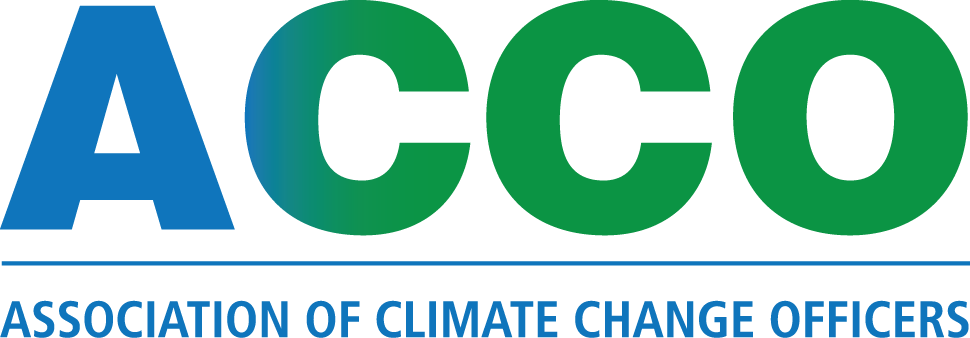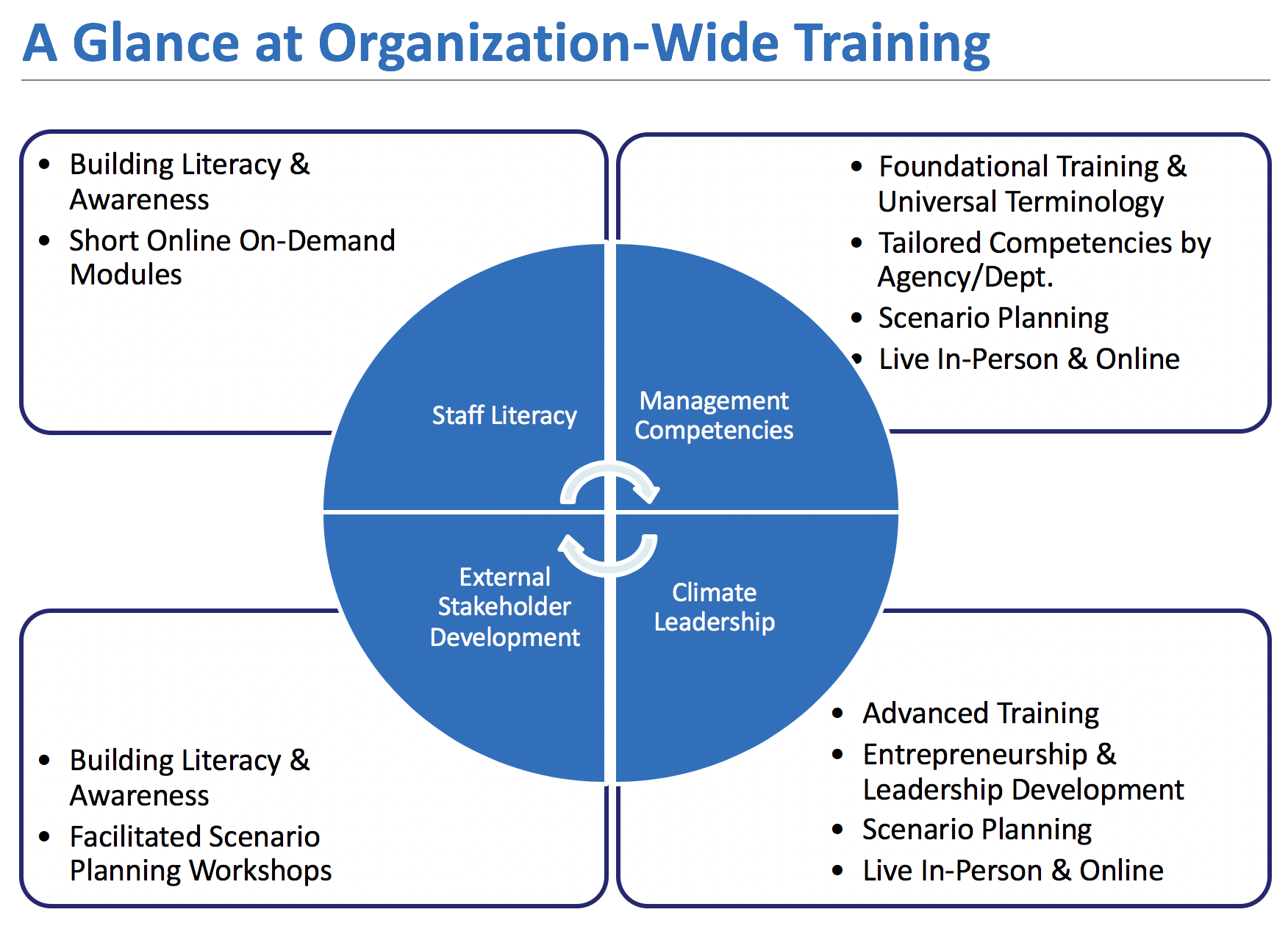A Practical Approach to Getting to Scale ... Because We Need To, Now!
/Another IPCC report is in -- this one calls for “rapid, far-reaching and unprecedented changes in all aspects of society.” Here’s what we know:
Despite the Paris Agreement, we are not on track to limit emissions to anything that leaves our climate systems resembling those that support thriving economies, healthy populations and security.
At most, we have until 2030 to get our acts in gear – that’s 12 years!
We need to mobilize an army of climate smart professionals, decision-makers, technology developers and voters that can drive the transformation needed to assure healthy, secure and prosperous populations.
It’s time to think about whether your work is scalable AND can be implemented on a sufficient timescale. Let’s be honest with ourselves, we’re not going to accomplish these goals with a few people working on the fringes.
This isn’t just a matter of making bold GHG reduction and renewable energy proclamations, but actually having a workplan and a will to make it happen and to sustain the effort. What does that mean?
Establishing clear performance expectations
Making a set of climate change and clean energy competencies required
Deploying training that builds literacy and awareness among the masses and proficiency and leadership amongst executive and management roles
Engaging external stakeholders and aligning efforts
| 7 Steps Every Organizational Leader & Manager Should Take Right Now |
|
We need to make the whole far greater than the sum of the parts. Organizational boundaries and jurisdictions simply cannot limit our work. What does that look like?
Sharing staff resources and technical experts with peers and competitors
Aggregating interests to bring soft costs down, achieve efficiencies and build to scale
Thinking BIG long-term picture with MEANINGFUL short-term incremental steps to get there
Joining your peers and forming powerful voices to advocate as one harmonized voice when you can
The time is now to lay it all on the line and go big!
ACCO is doing just that. In the past 2 years, here’s what we’ve accomplished:
Maryland Climate leadership Academy – Launched the first state-administered climate academy with the State of Maryland (read more at http://www.MDClimateAcademy.org)
Compact of Colorado Communities – Established the first regional compact of local governments to pass resolutions requiring that elected officials, city/county managers and senior staff go through annual climate change training and we’re developing a statewide shared staffing program through this initiative as well. (read more at http://www.CompactofColoradoCommunities.org)
Certified Climate Change Professionals® - Announced the First Wave of Professionals Earning the CC-P® - these Certified Climate Change Professionals® have developed a competency in the fundamentals of climate change preparedness and strategic planning (read more at https://accoonline.org/certification-professional)
Here’s what’s next for ACCO:
Online & In-Person Training to Build Organization-Wide Capacity: ACCO is working with numerous Federal and subnational governments to deploy literacy modules, capacity building training and decision-support resources. We will deploy a new learning management system (LMS) before the holidays and will announce a series of related initiatives and new training resources.
New Credentialing & Certificate Programs: In conjunction with our new LMS, ACCO will announce a suite of new credentialing and certificate programs before year’s end that include:
2 stepping stone certificates to the CC-P®
A certificate and credential aimed at recognizing professionals who have developed competencies in developing and implementing clean energy programs
New leadership and entrepreneurship programs for elected officials and community/business leaders



